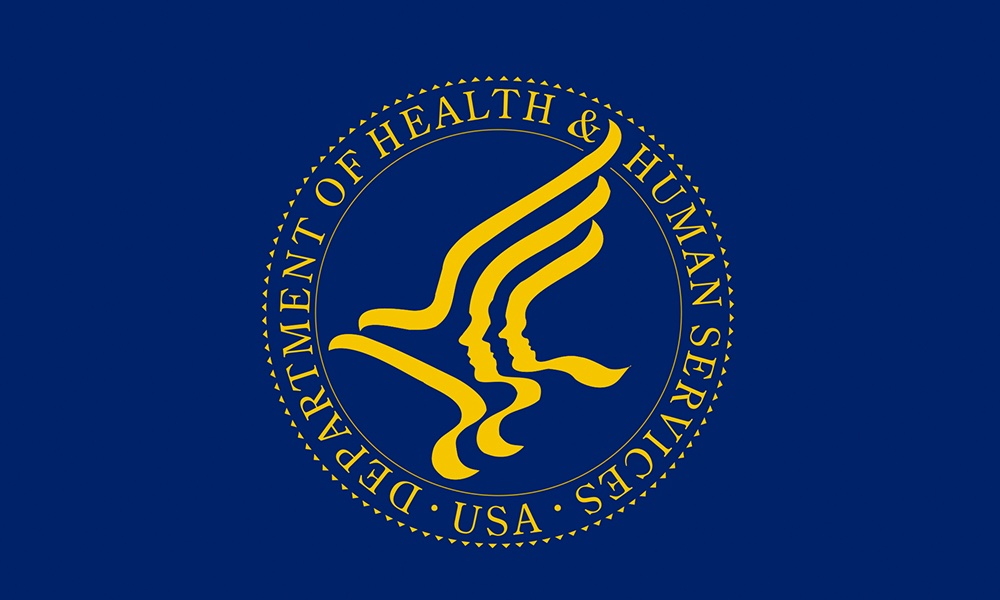People in Mediterranean countries are on to something: southern Europeans have among the lowest rates of cardiovascular disease (CVD) in the world. Scientists credit this heart health to the so-called Mediterranean diet, which is rich in olive oil and fruits and vegetables, particularly tomatoes.
In fact, tomatoes — whether in sauce on pasta or pizza, in a salad or other dish — may actually benefit the heart, even after a heart attack. Lycopene, an antioxidant found in tomatoes, appears to improve the function of the lining of the blood vessels in patients previously diagnosed with CVD, according to a new British study.
Improved function of this lining, called the endothelium, could reduce the risk of future CVD events.In heart patients treated with lycopene, the improvement in blood vessels made their endothelium function equal to that of the healthy volunteers at the beginning of the study.
The researchers randomly assigned 36 heart patients who were on statins, cholesterol-lowering medicines, and 36 healthy volunteers to receive either a pill containing 7 mg of lycopene or a placebo. Participants took the pills once daily for two months.
After two months, the investigators found that lycopene widened the blood vessels of heart patients by over a half (53%) compared to those taking the placebo. Lycopene had no effect on blood pressure, arterial stiffness, or lipid levels in either the study participants with CVD or the healthy volunteers.
In heart patients treated with lycopene, the improvement in blood vessels made their endothelium function equal to that of the healthy volunteers at the beginning of the study.
The study findings reinforce the need for a healthy diet for those who are at increased risk for cardiovascular diseases, said Cheriyan. But lycopene and a Mediterranean diet, Cheriyan added, are not substitutes for medication, although they may provide additional benefits if taken with other CVD drugs.
The study was published online recently in PLOS One.




